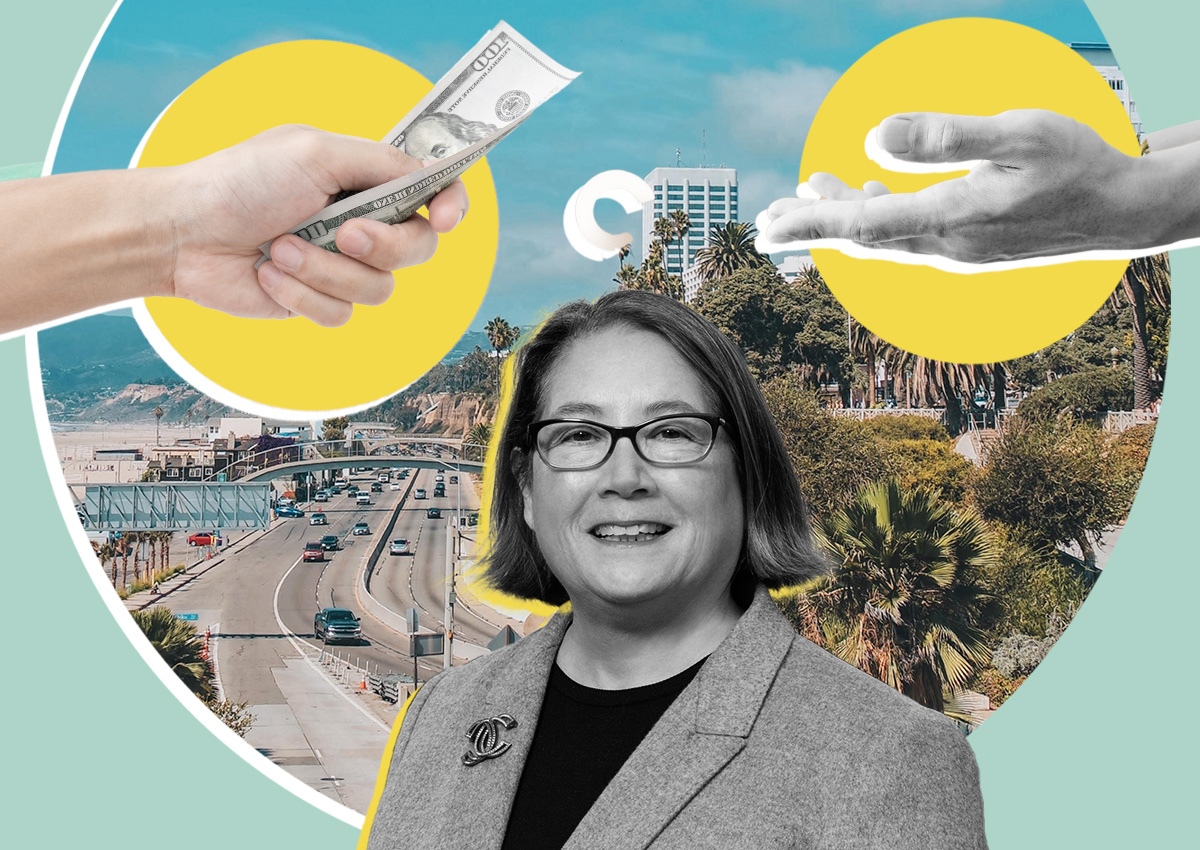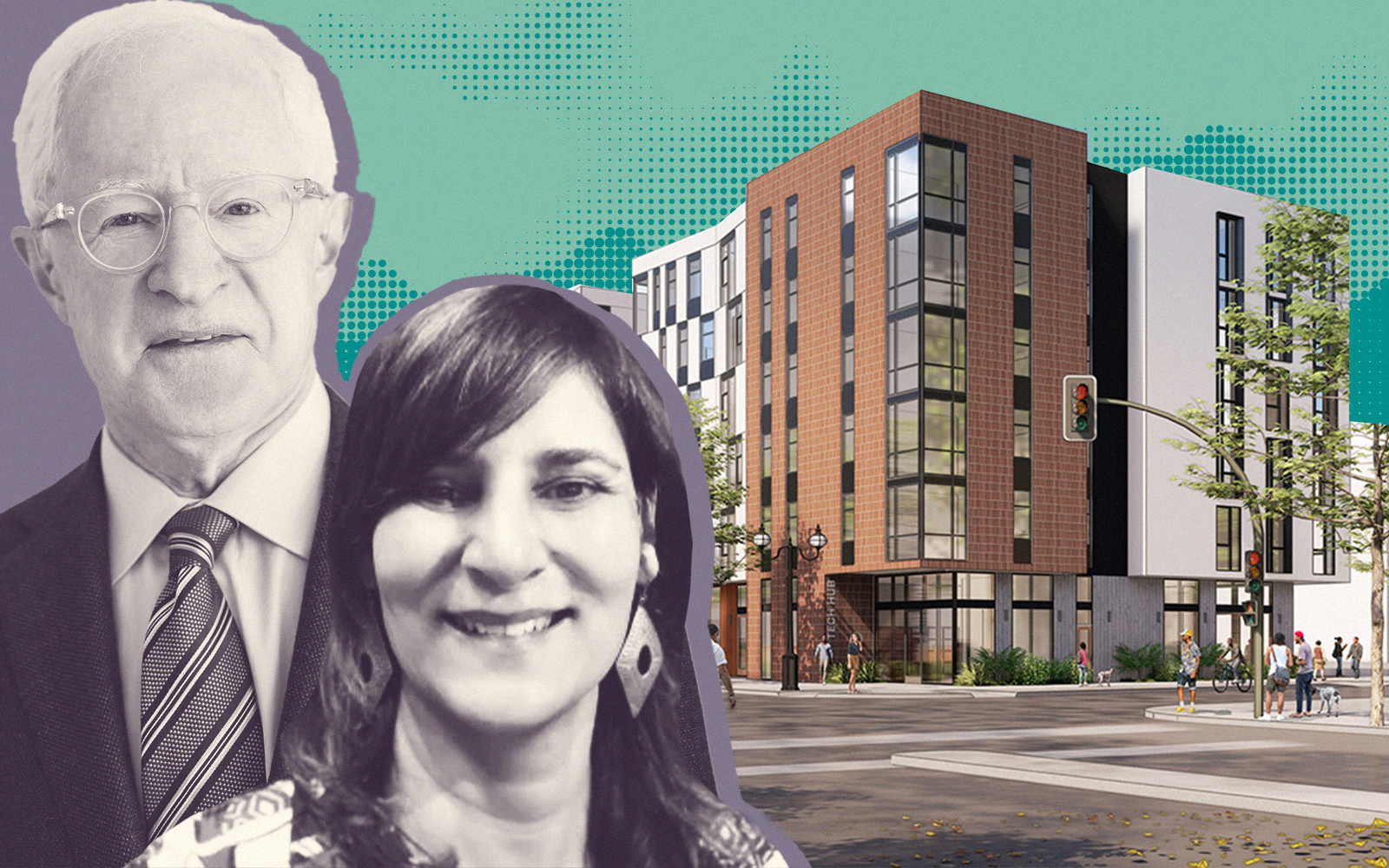Bill Witte, the CEO of Related California, has a message for the L.A. City Council: The city’s slow and unpredictable approvals process is a major detriment to multifamily construction, including mixed-income projects — and Santa Monica could offer an example of what to do right.
“We don’t mind having low-income people in our high-end buildings. It works — we do it all the time. We have 2,000 units in San Francisco like that,” Witte, who heads one of the largest development firms in the state, told several L.A. City Councilmembers on Wednesday.
“But it’s very hard in L.A. when you don’t know how long it’s going to take and you’re committing to an affordable percentage when you have no idea what the economics are going to be when you get there.”
Witte made the comments as part of a broad discussion about local development and the city’s approvals process at a meeting of the council’s Housing and Homeless Committee, which is chaired by Councilmember Nithya Raman, who is also a professional urban planner.
Earlier at the same meeting, the five-member committee voted unanimously to advance a new Measure ULA spending measure for tenants. The development discussion hinged around a presentation by the Los Angeles Business Council of the group’s May report, which found that it took nearly four years on average to complete multifamily projects in the city, including an average over a year and a half in the city approval process.
Bigger projects, which also tend to attract more community opposition, typically took much longer to approve, leading many developers to avoid the city altogether even as it faces an increasingly dire housing shortage.
“For me, this was revelatory in many ways,” Raman remarked during the public meeting, “in terms of just the ways in which certainty and a reduction in [approvals] timing can really turbocharge the production of units here.”
Witte, as one of the state’s preeminent development executives, encouraged the council members to push forward with streamlining ideas that were discussed, including more by-right approvals, and also encouraged the L.A. politicians to push Calif. Gov. Gavin Newsom, who recently signed a law intended to limit meritless CEQA challenges to large infrastructure projects, to extend the CEQA limitations to housing production.
Related California recently gave up on a large Mid-Wilshire apartment development, Witte told the council members, because the firm’s land use consultant had advised it might be five years before the company could actually begin construction.
“But I’ll give you an example of what worked in Santa Monica recently,” he added. He then recounted how at 710 Broadway, in the affluent coastal city’s downtown, Related California demolished a Vons grocery store and is building a new project that will include a larger Vons with 280 units above it.
Thirty percent of the units will be affordable, Witte highlighted, and the approvals process was smooth because the city already has an approved Downtown Environmental Impact Report, which dramatically cuts red tape and planning time. The city also agreed to an incentive deal that granted Related an extra floor in exchange for more moderate income units.
“The rules were set; we played by the rules,” Witte said. “That’s a good example of how certainty of timing and some incentives got as high a mixed-income percentage as I’m aware of in one project.”
Read more



